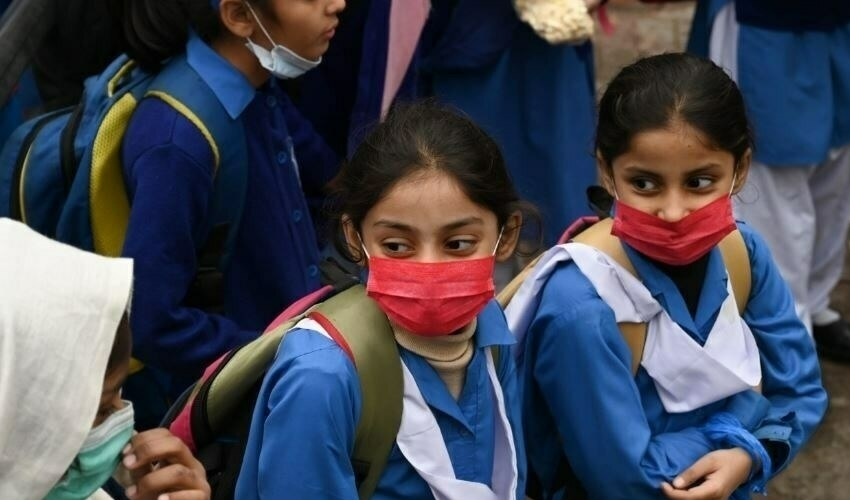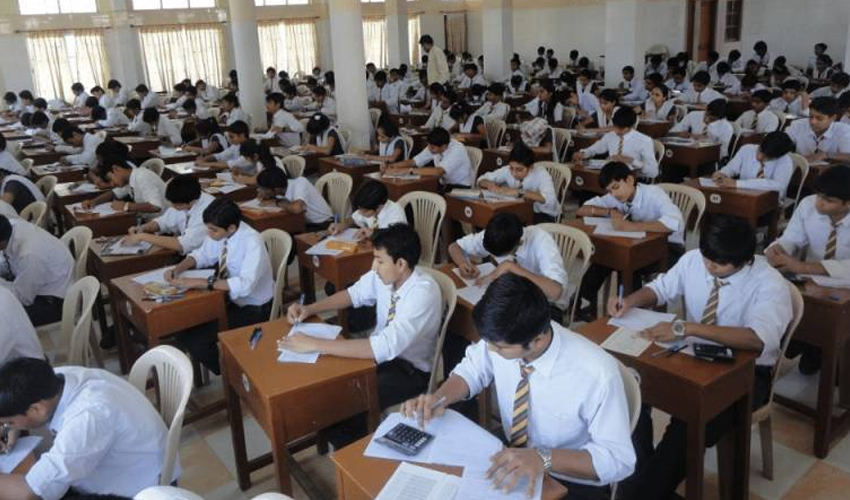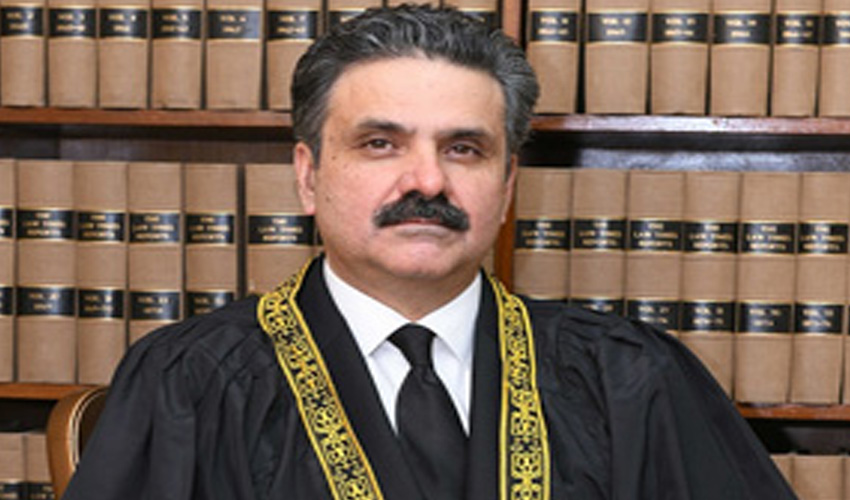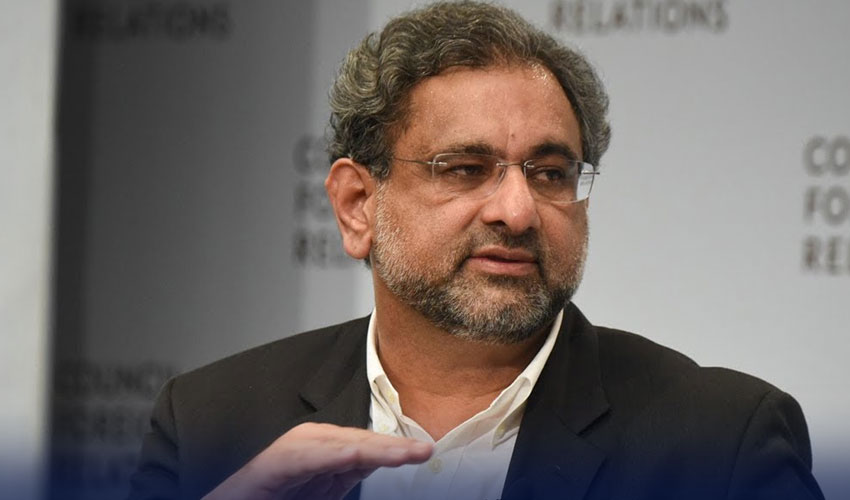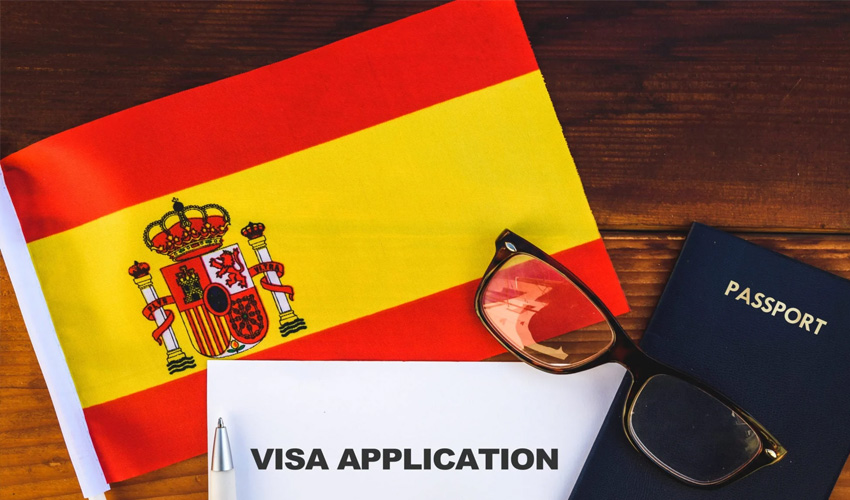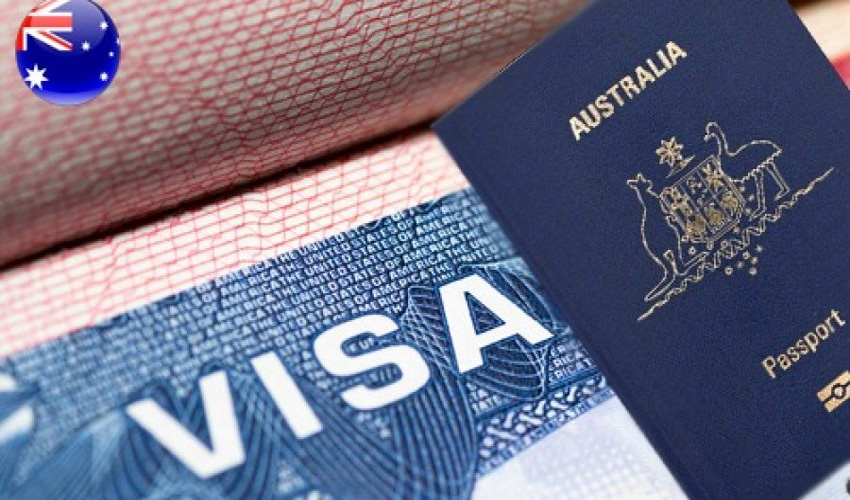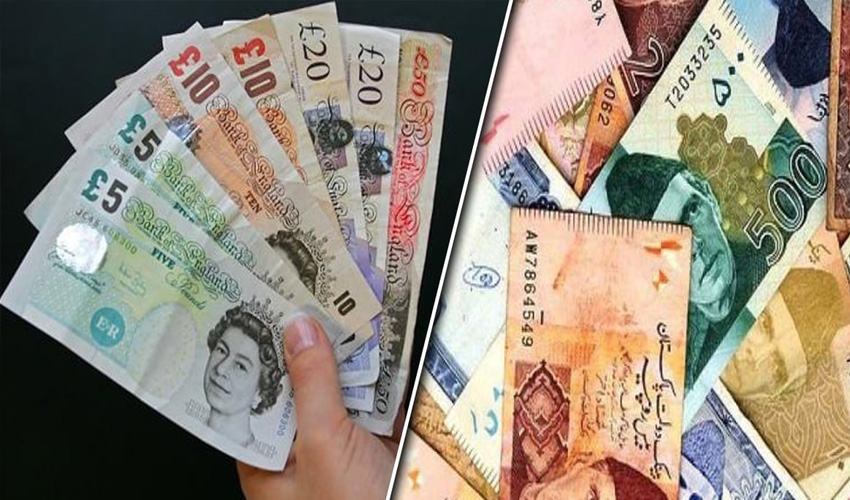Pakistani students aspiring to pursue medical and dental education abroad will now need to obtain a No-Objection Certificate (NOC) from the Pakistan Medical and Dental Council (PMDC).
The decision, effective from the 2024 academic session, was driven by increasing concerns over the quality of education at some foreign medical and dental schools. "Many students have been enrolling in colleges and universities that are not recognized in the host countries," officials stated.
The announcement was discussed in detail during the latest episode of the 'Samaa Podcast'. Senior journalist Muhammad Asim Siddique and Dr. Zeeshan Malik, Pattern-in-Chief of Foreign Doctors, highlighted alarming incidents of violence against Pakistani and other international students in Bishkek, Kyrgyzstan.
Siddique urged the Ministry of Health and PMDC to establish a robust track and trace system for Pakistani students abroad and enforce the NOC requirement.
Officials from the Ministry of National Health Services, Regulations, and Coordination (NHS,R&C) confirmed the new policy, emphasizing that additional measures are under consideration.
These steps aim to ensure Pakistani students receive quality education at recognized institutions. "Without an NOC from the PMDC, no Pakistani student will be allowed to go abroad for medical education from now onwards," an NHS,R&C official reiterated.
According to official data, around 3,000 Pakistani students annually seek medical and dental education overseas, predominantly in China, followed by Central Asian states such as Kyrgyzstan, Uzbekistan, and Tajikistan, as well as Afghanistan. Other popular destinations include Russia, Ukraine, Azerbaijan, Belarus, Malaysia, Turkey, Iran, and Eastern European countries like Romania.
Currently, there are an estimated 15,000 to 18,000 Pakistani students studying medical and dental courses abroad, with an annual expenditure of approximately 300 million US dollars. The new NOC requirement is seen as a step towards safeguarding these students' future and ensuring they receive an education that meets acceptable standards.
The PMDC's decision is part of broader efforts to regulate the overseas education market and protect students from substandard educational institutions. Further details on the implementation process and additional checks will be announced in due course.







